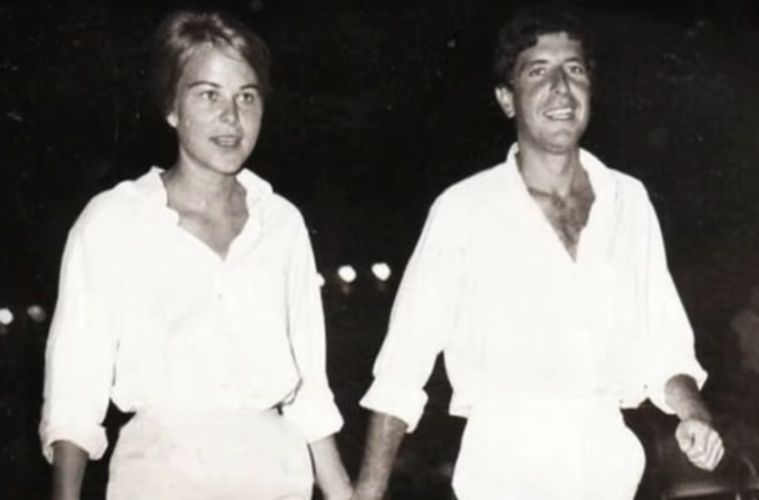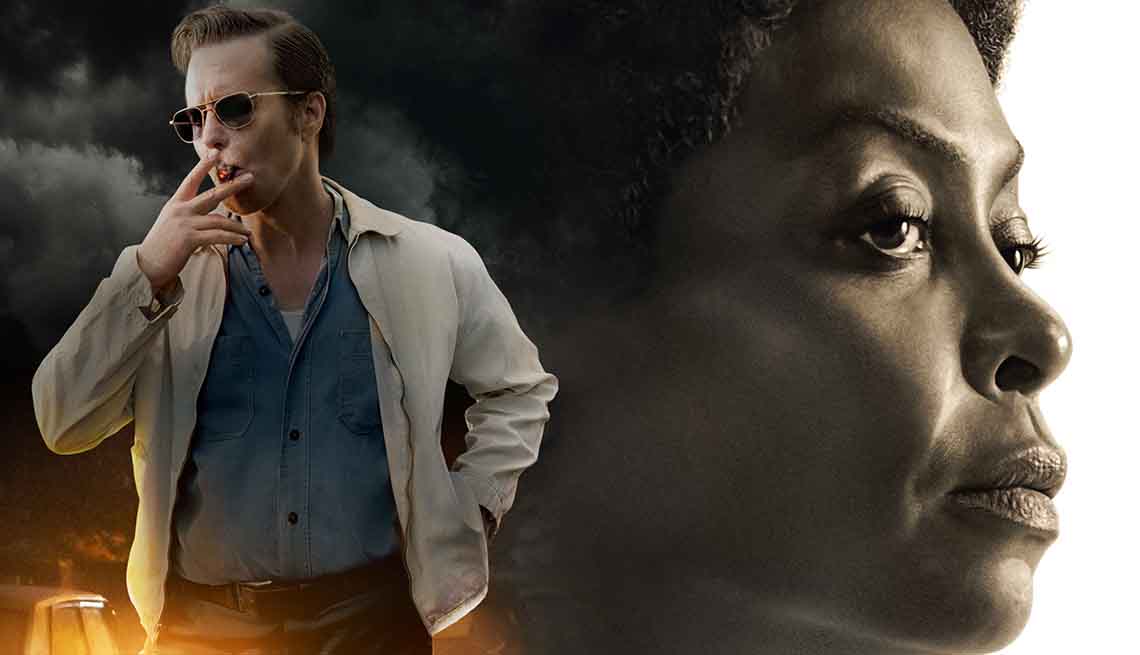Once Upon a Time…in Hollywood
by Hope Madden and George Wolf
Happy QT Day, everyone — that rare and special holiday where moviegoers love a movie made by an unabashed lover of movies. And this time, he’s made a movie about loving the movies.
It’s Once Upon a Time…In Hollywood, Quentin Tarantino’s clearest love letter to cinema both great and trashy. Spilling with nostalgia and packing more sentiment than his previous 8 films combined, Hollywood is the auteur’s most heartfelt film.
Not that it isn’t bloody. Once it hits its stride the film packs Reservoir Dogs-level brutality into a climax that’s as nervy as anything Tarantino’s ever filmed. But leading up to that, as the filmmaker asks us to look with a mixture of fondness and sadness at two lives twisting toward the inevitable, he’s actually almost sweet.
One of those lives belongs to Rick Dalton (Leonardo DiCaprio), a one-time TV Western leading man who’s made a couple of poor career choices and seems to be facing obsolescence. This would mean, domino-style, the obsolescence of his best friend and stunt double with a sketchy past, Cliff Booth (Brad Pitt).
But that’s not the second story, which instead belongs to the real life tragedy of Sharon Tate (Margot Robbie). Set in the LA of 1969, Once Upon a Time…In Hollywood uses the Manson family crimes (marking its 50th anniversary this August) as the thematic underpinning, a violent metaphor for the end of two eras.
Tarantino being Tarantino, though, he’ll use the movies to make everything better.
From the foot fetish (more proudly on display than ever) to the familiar faces (even one who made the cutting room floor and the credits), the hiply retro soundtrack to the inky black humor, Hollywood hides no Tarantinoism. But the film establishes a timestamp more precisely than any of his other works. And on the whole, he shows unpredicted restraint.
The film moseys through the first two acts, with long, deliberate takes full enough of pop culture as to completely immerse you in time and place. Tarantino again frames sequences with alternating levels of homage, but dials back the dialogue from his usual quick-hitting crispness to measured ruminations often thick with intention.
In strokes stylish and self-indulgent, Tarantino is bidding adieu to halcyon days of both flower power innocence and the Hollywood studio machine. Here, he’s looking back on the Manson murders as a dividing line, and again wondering what might have been.
For us QT aficionados, Hollywood may feel at first like an odd, overlong duck, but its wandering nature gives you ample time to adjust. The cast shines from top to bottom, propelling an entertaining vision of humor and blood and irony and bittersweet nostalgia.
Settle in, trust the driver and enjoy the ride.














